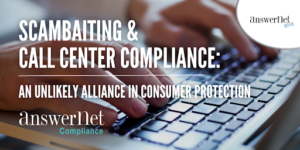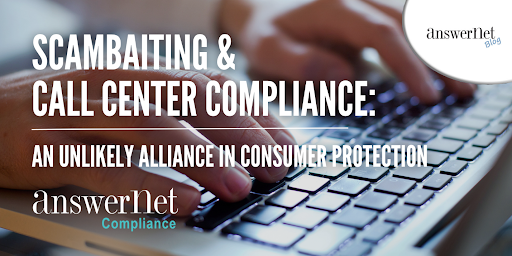Understanding the complexities of Prior Express Written Consent (PEWC) can be challenging for many telemarketing compliance businesses. PEWC is a cornerstone principle, ensuring adherence to regulatory standards and ethical engagement practices. Exploring the intricacies of PEWC to gain valuable insights will help navigate compliance requirements effectively.
What Is PEWC?
At its core, PEWC represents an agreement documented in writing or electronically, granting permission for specific calls using designated dialing platforms. This fundamental definition underscores the importance of obtaining explicit consent from individuals before initiating telemarketing communications. By delineating the terms of engagement clearly and transparently, PEWC establishes a framework for responsible and respectful outreach practices.
How Does PEWC Work?
Certain components must be addressed to achieve valid PEWC. The first step starts with company identification, ensuring that recipients are fully aware of the entity seeking consent and the purpose of the communication. This transparency fosters trust and accountability, laying the foundation for a mutually beneficial relationship between businesses and consumers.
Clarity regarding call reception methods is essential for ensuring that individuals understand how they will receive communications from the consenting entity. This includes specifying whether calls will be received via landline or mobile phone, text messages, or other communication channels. By clearly outlining the methods through which consumers may be contacted, businesses set the proper expectations for the consumer.
It is also very important that the language clearly articulates how the consent agreement is to be “signed” by the consumer. This could be stating that by clicking the button below or checking a box, the consumer accepts the terms of consent.
Why is PEWC Important?
PEWC allows a business or telemarketing company to avoid scrubbing against the Federal or State DNC lists as well as utilize the specific dialing platforms that are included in the language.
There are several communication platforms that can be utilized, each playing a crucial role in ensuring adherence to regulatory standards. These platforms include the Automatic Telephone Dialing System (ATDS), which streamlines the overall process of contacting individuals efficiently. Additionally, businesses often employ Prerecorded or Artificial Voice messages, including those generated by AI technology, to convey marketing communications. Transparency in platform usage is crucial for informed communication decisions. This transparent approach fosters trust and accountability, enhancing compliance efforts and promoting ethical communication practices.
Detailing the procedures for opting out of communications and revoking consent further empowers individuals to exercise control over their engagement with telemarketing activities. This proactive approach enhances compliance with regulatory standards, fosters positive consumer perceptions, and strengthens brand reputation in the marketplace.
It’s also important to clearly and conspicuously display the consent language, preferably above the button to submit the form. By ensuring that consent disclosures are prominently featured and easily accessible, businesses demonstrate a commitment to transparency and compliance with regulatory standards. And remember to include that consent is not required as a condition of purchase.
Summary
Remaining up-to-date with regulations and implementing proactive compliance strategies enable businesses to minimize risks and uphold their market reputation. Prior Express Written Consent (PEWC) is a foundation of telemarketing compliance, promoting ethical and accountable communication approaches. Embracing principles like transparency, accountability, and consumer empowerment allows businesses to navigate compliance standards confidently and with integrity.
Key Consent Language Components
- Identify Name of the Seller
- Identify that calls/texts may come from an ATDS or prerecorded/artificial voice (including AI), where applicable
- Identify that calls are marketing in nature
- Must state that consent is not required as a condition of purchase
- State that consumer is providing electronic signature of consent









